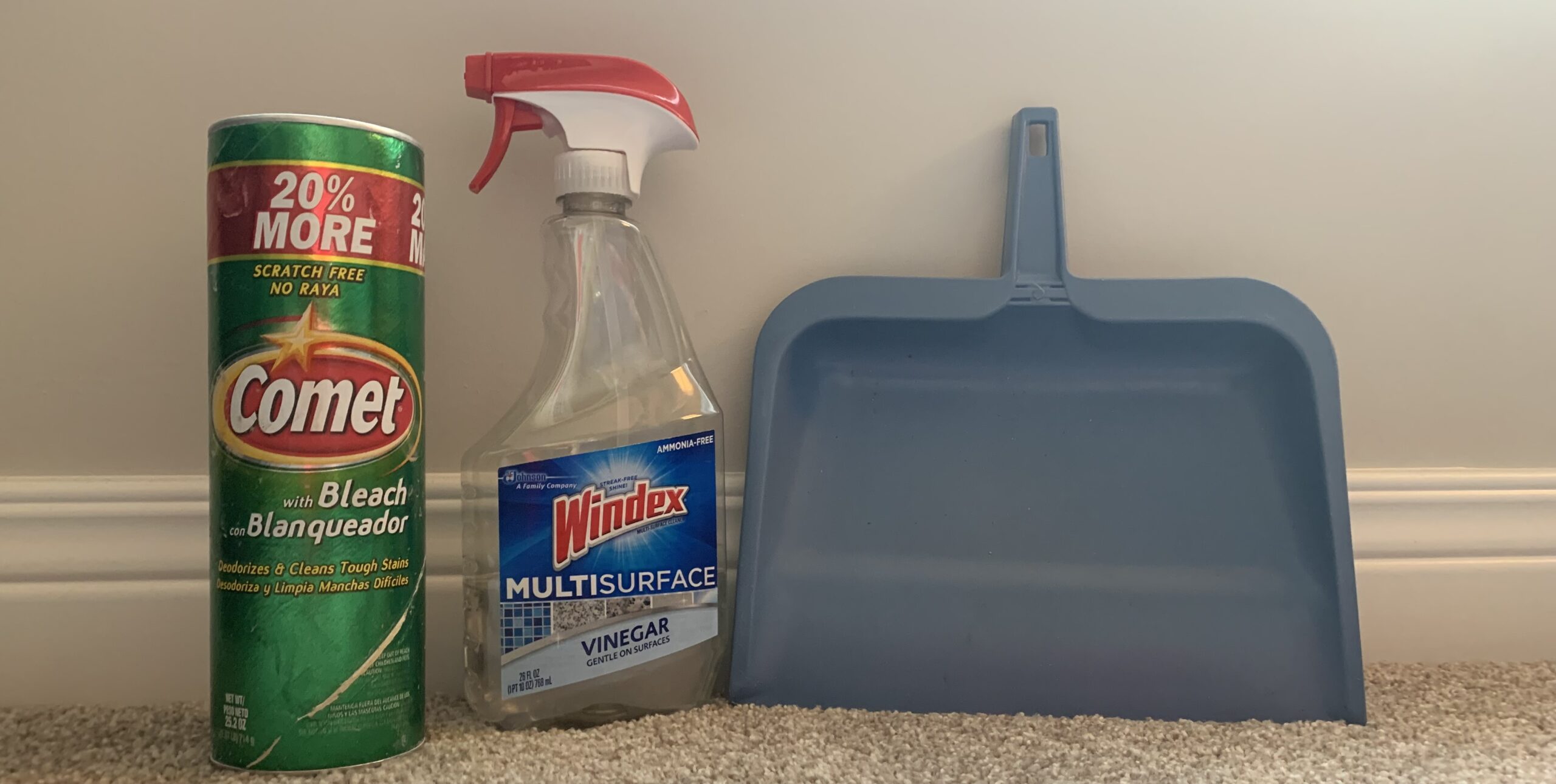Becky and I recently watched “Maid,” a ten-part series on Netflix. The program has been well reviewed, and Netflix says it is currently its third most watched series. In an odd way “Maid” is a happy-ever-after American success story told in the dark and dreary tones of our times. And lest this be taken as a recommendation or endorsement, it should be noted that foul language and decadent behavior is pervasive in the film.
“Maid” tells the story of Alex, a twenty-something woman raised by abusive and dysfunctional parents who ends up in an abusive and dysfunctional relationship with her boyfriend Sean who is the father of her two-year daughter. When Alex finally escapes the suffocating life of the single-wide mobile home she shares with Sean, she finds herself homeless and unemployed with only her mentally ill mother and once-abusive and now born-again father to turn to. So she turns to herself. She goes to work for Value Maids, a local house-cleaning service whose owner cheats her at every turn out of the money she is owed. We follow Alex through the crazy-making world of social services, the reality of life in a domestic violence shelter, and the seemingly impossible task of finding decent childcare for her daughter. For every good decision Alex makes, we see a heart breaking bad decision with its devastating consequences for Alex and her daughter.
Spoiler Alert: As the story ends, Alex, with the help of a high-end lawyer whose house she cleans, begins to move out of the old patterns of her dark and dreary past into a future that holds bright promise.
Some critics have seen “Maid” as an apology for the need of a stronger social safety net. Others describe Alex as some sort of Twenty-first Century Horatio Alger character.
As Becky and I watched the series, I thought more and more of the Alex-like women I have known and with whom I have worked in the course of church ministry. I am thinking specifically of women; the sad stories of men are often sad in a different way. While particular names and situations come to mind, these are women, not many of them, from different times and different places. One of the things they have in common is that none of their stories has yet ended happily ever after. None is a Horatio Alger story even if painted in the dark and dreary tones of the Twenty-first Century.
None of the stories of the women I know is a Christian success story, a story of wholeness and healing if not economic and social success. Or at least not yet.
In “Maid” Alex makes a lot of bad decisions, but her important good decisions finally outweigh her bad decisions and their disastrous consequences. When she meets the high-end attorney whose house she cleans, she listens to her counsel and takes her advice. Alex finds more than a tangle of brokenness when she looks within herself. She finds strength and ability.
I wish I had stories to tell that were like the story of Alex. Instead, I have seen the church and her people pour themselves and their resources into the lives of those four or five women whose lives I came to know well with little to show for it. I have seen wise and generous people give kind counsel that was routinely rejected. It seems as if the tangle of brokenness these women found within themselves was always so thick as to strangle the possibility of hope.
I do not believe that the power of brokenness is stronger than the hope of the gospel. In many other situations I have seen how the gospel transforms lives. I know of prodigals welcomed home and lost sheep found. Other pastors and ministry workers may have different stories to tell. My sample is small, but it is those stories – my stories – of women raised in abuse and accustomed to failure that I find so discouraging. Perhaps we could have done differently and maybe better.
Escape from abuse and dysfunction has not come to the women I have known whose lives were like the fictional character in “Maid.” Was it in vain that we reached out to them? Should we have invested elsewhere? First, I am not sure we are ever called to invest, though the American church loves the concept. We are called to give. More importantly, to borrow Mother Teresa’s phrase, we are not called to be successful, we are called to be faithful. We pour ourselves and our resources into the lives of others because we trust Jesus who tells us to do so.
Ministry, caring, is not a matter of playing the odds. It is a matter of obedience to a call. I have experienced success where others have experienced failure, and I have failed where they have succeeded. If you prefer frustration or disappointment to failure, that’s fine. Ministry is not a matter of predictable outcomes.
“Maid,” the Netflix series, has caused me to wonder, but not to doubt.

